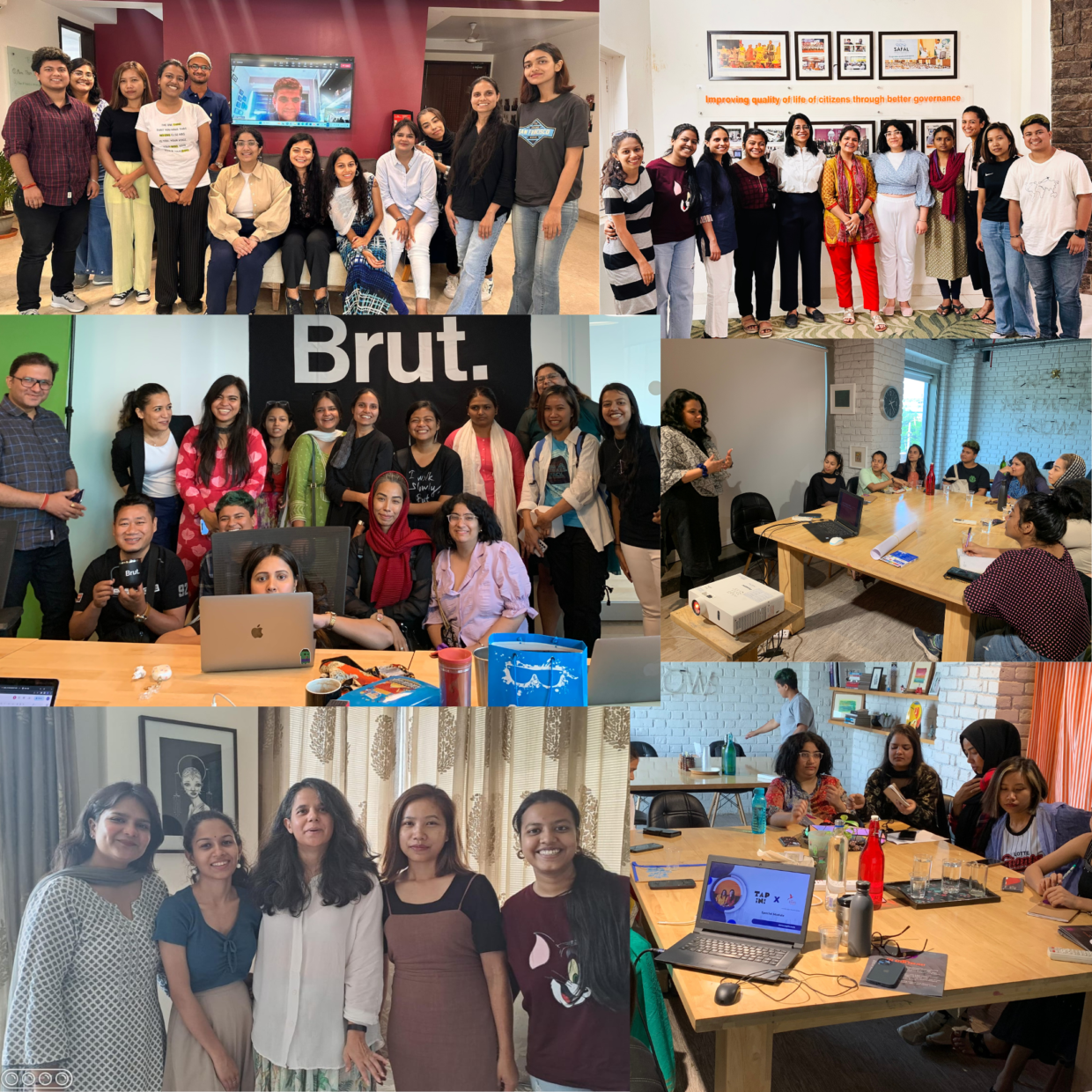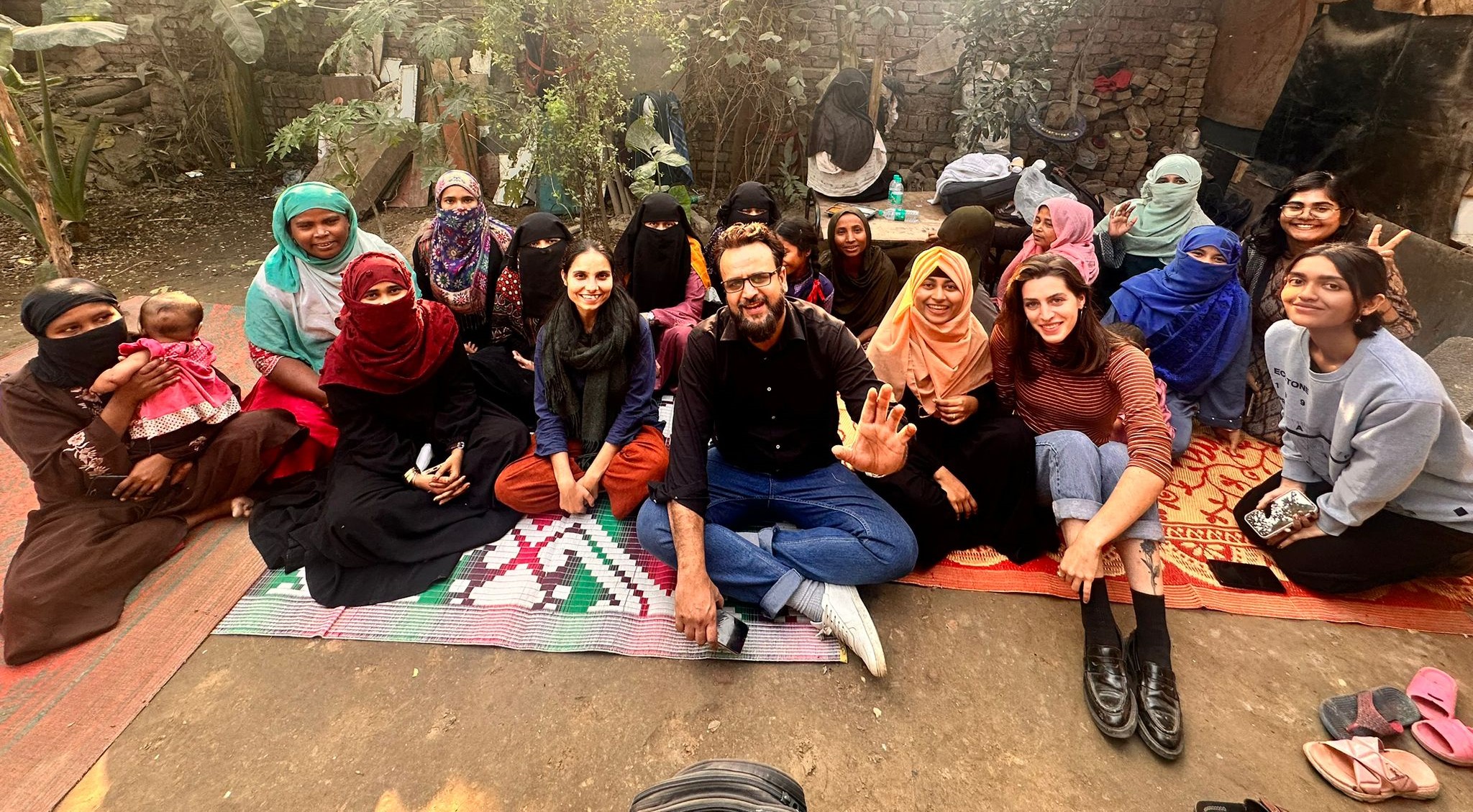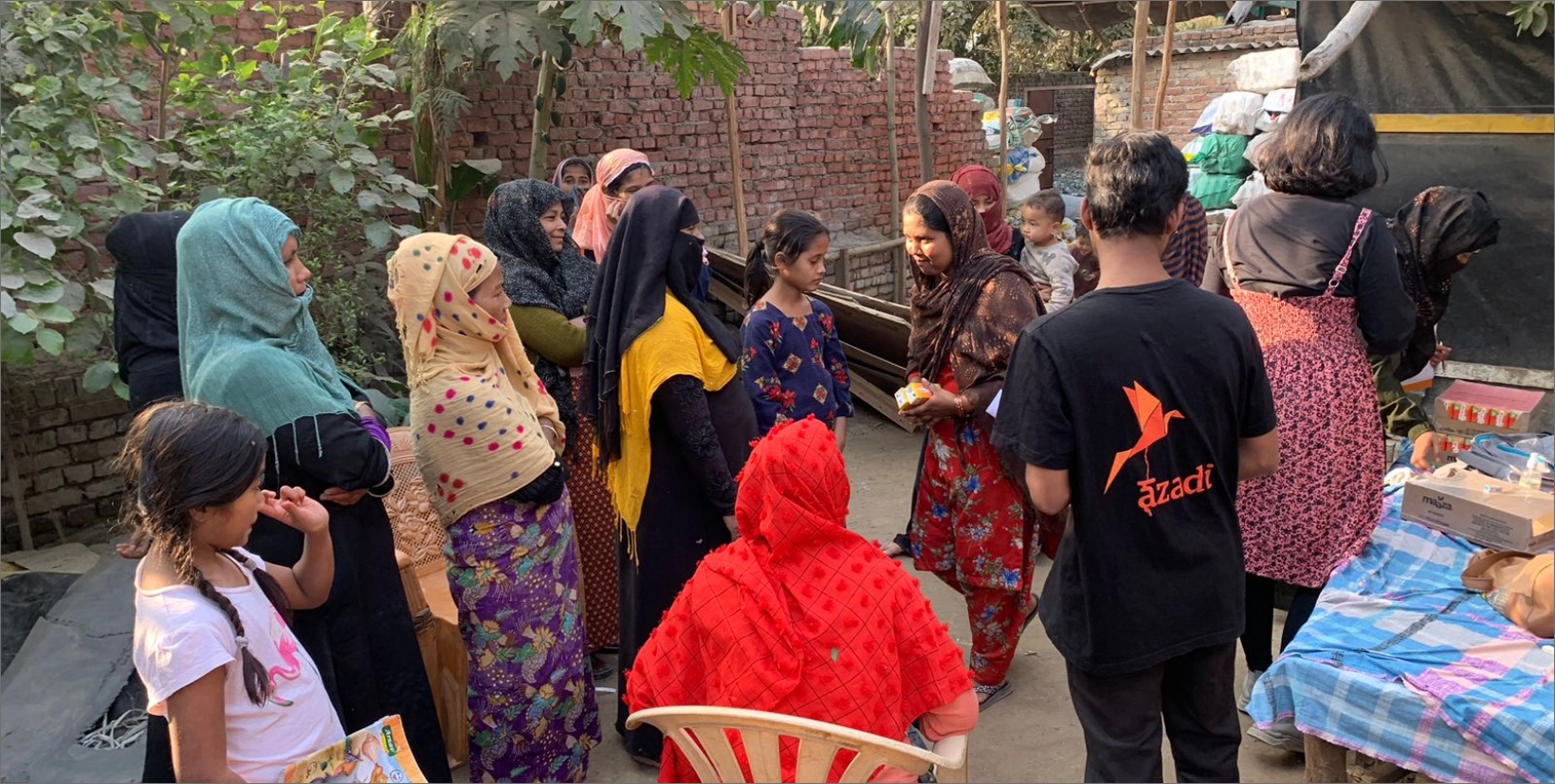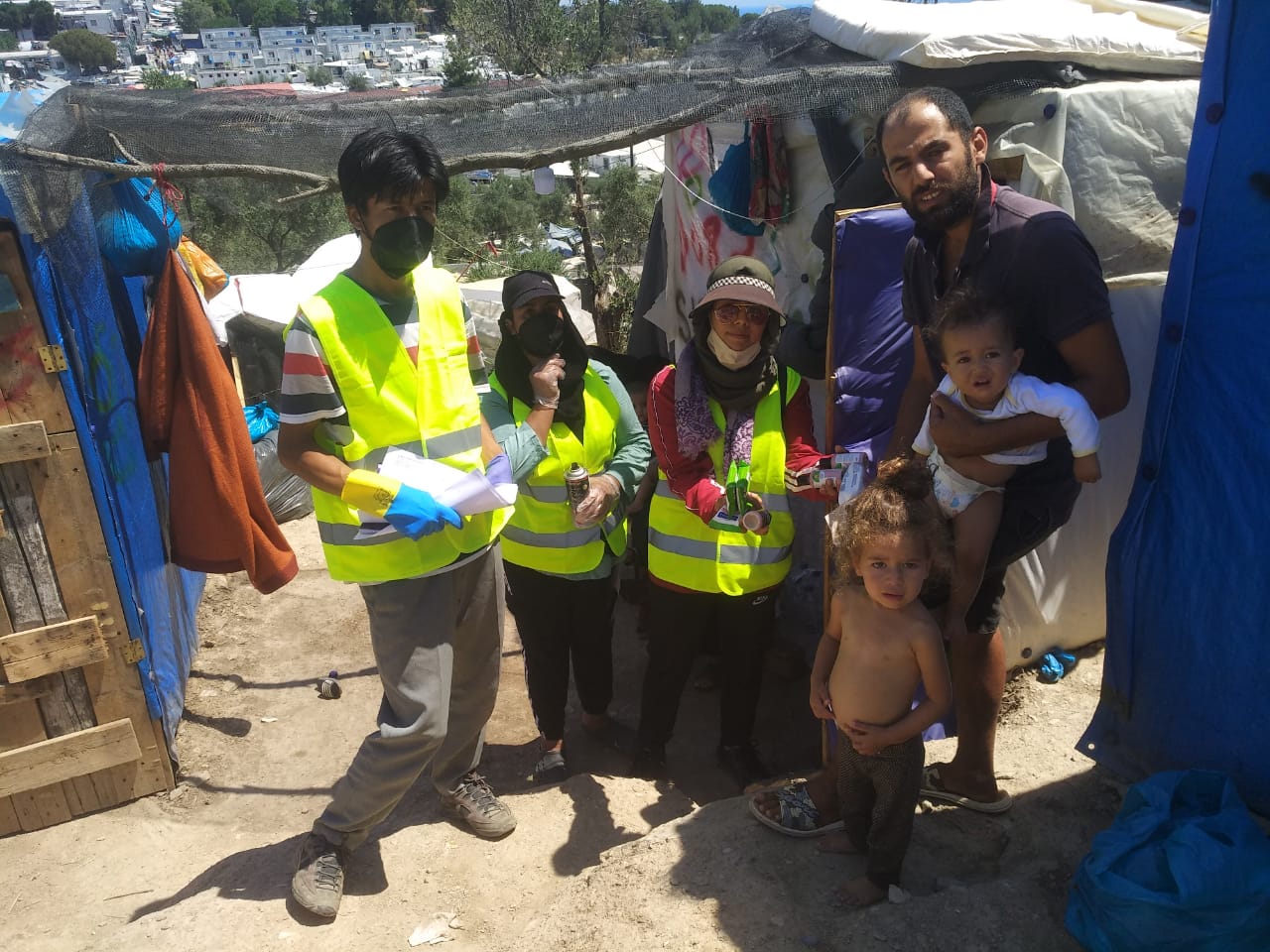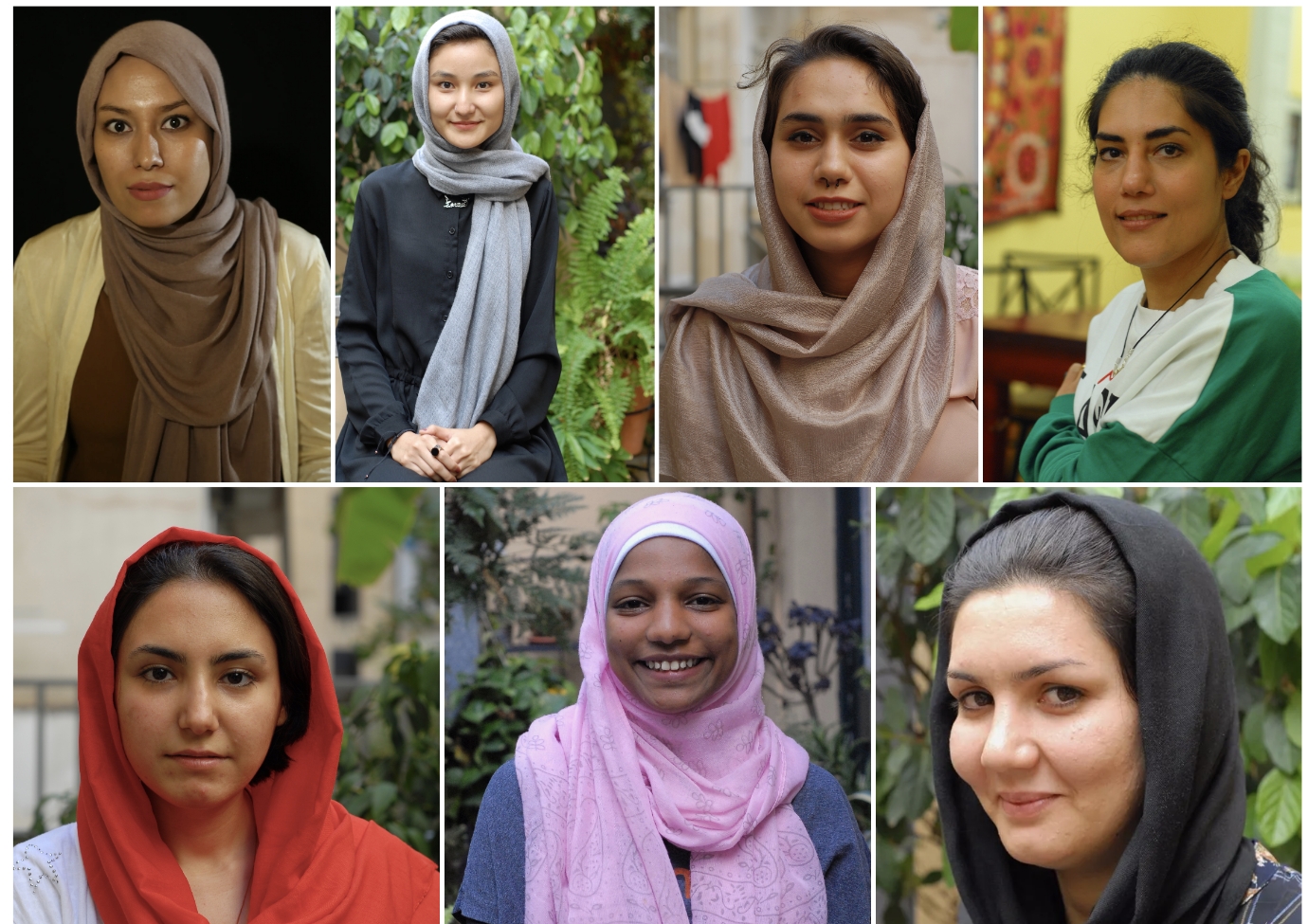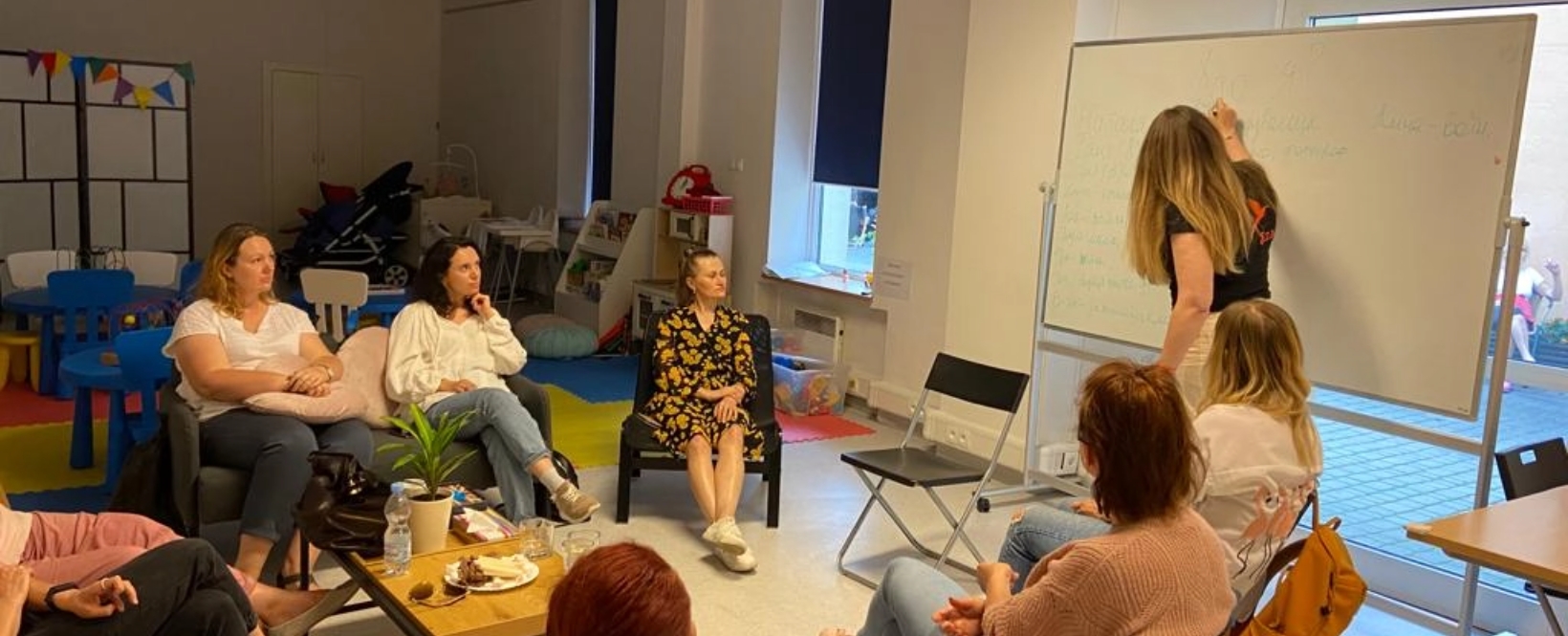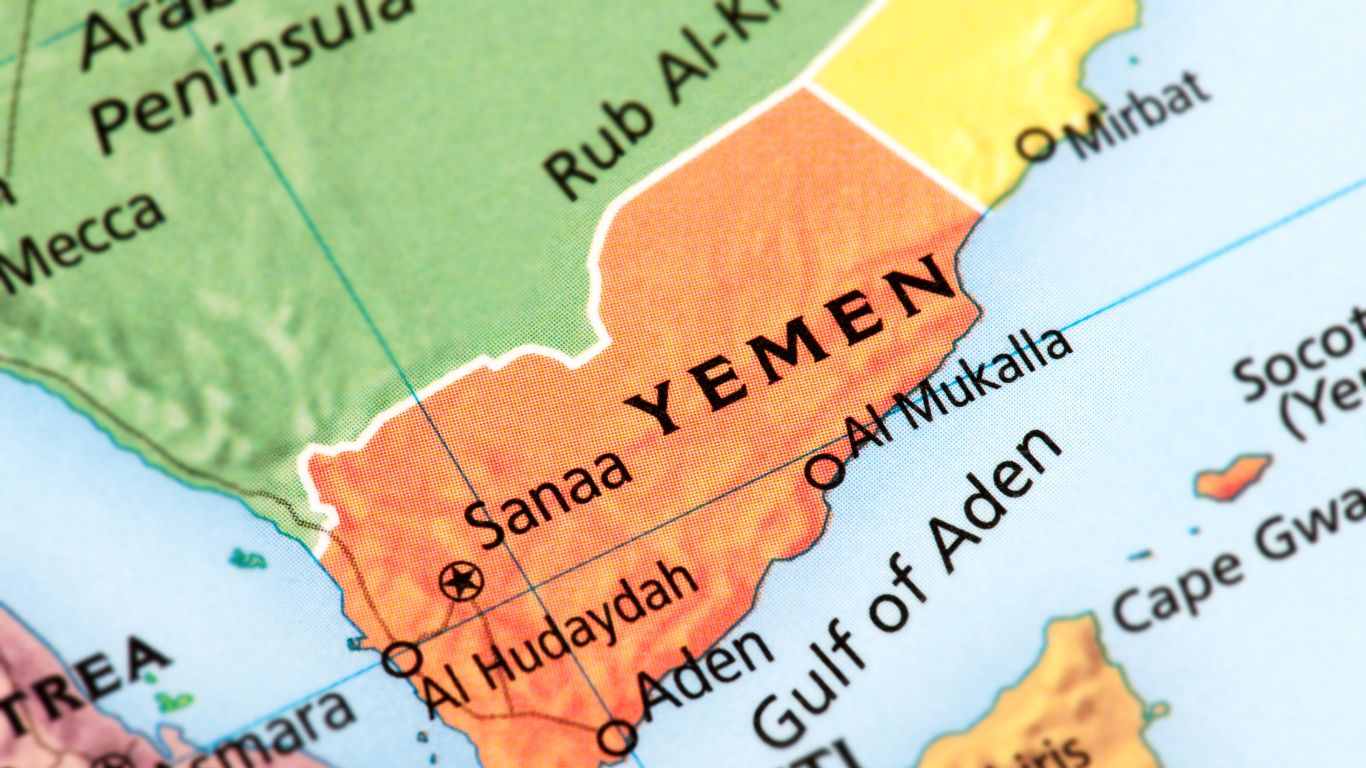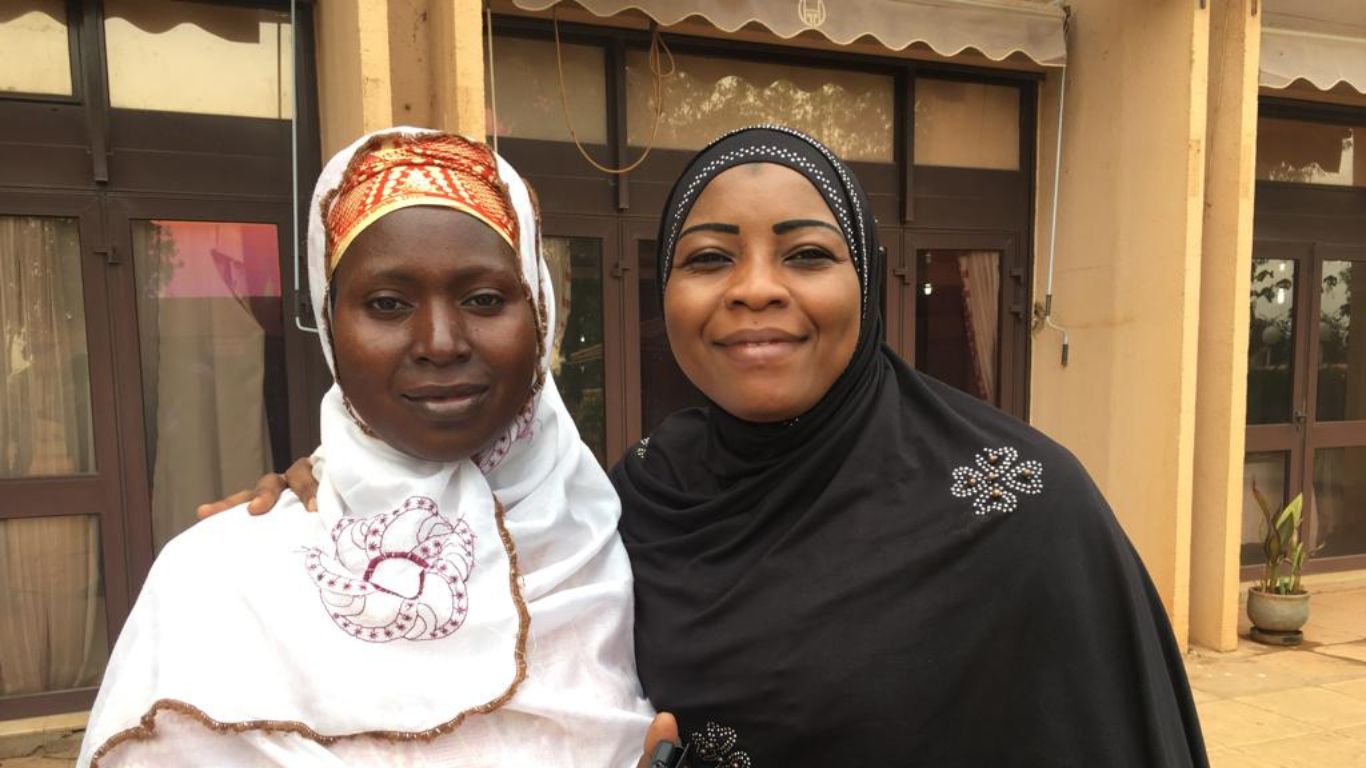Our Programs
India
Greece
March 2021
Athens, Greece Moria Camp
March - December 2020
Moria camp, Lesvos, Greece
September 2018
Athens, Greece Moria Camp
September 2018
Niamey, Niger
Poland
Bangladesh
September 2021
Cox’s Bazar, Bangladesh
Yemen
Niger
In June 2022, we also partnered with the Nobel Women’s Initiative to host three women Nobel laureates in Poland on World Refugee Day to raise awareness about the condition of Ukrainian women refugees and local feminist organizations.
We partnered with Rethinking Refugees to organize and host India’s first-ever event focusing solely on refugee and statelessness issues. The four-day event (December 15-18, 2022) included panel discussions by renowned experts and activists, charity performances, a photo exhibition, and more. The event, ‘Rethinking Refugees – Azadi to co-exist’, was a mix of in-person and online sessions that promoted a holistic understanding of the contemporary refugee situation worldwide and in India.


